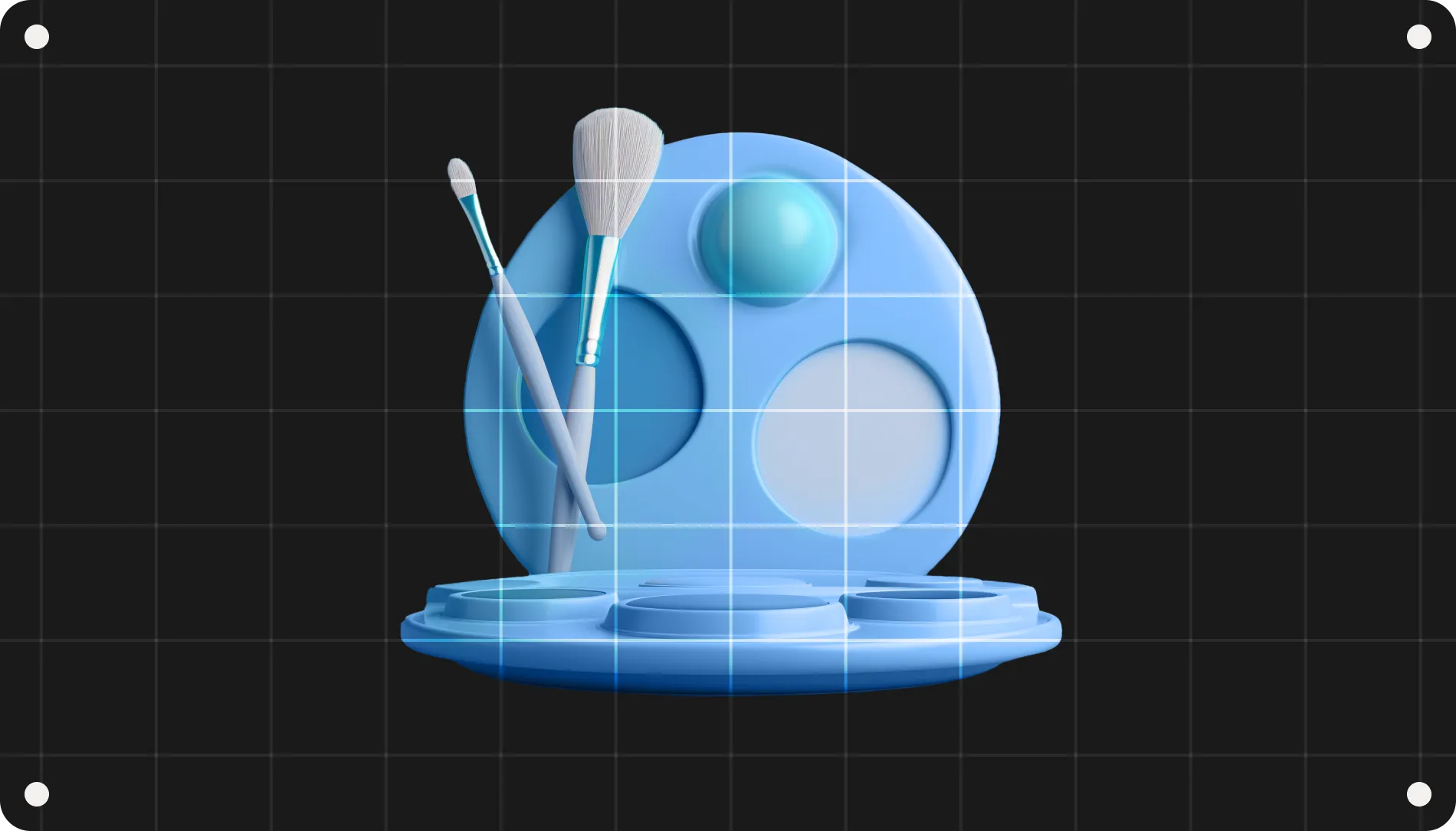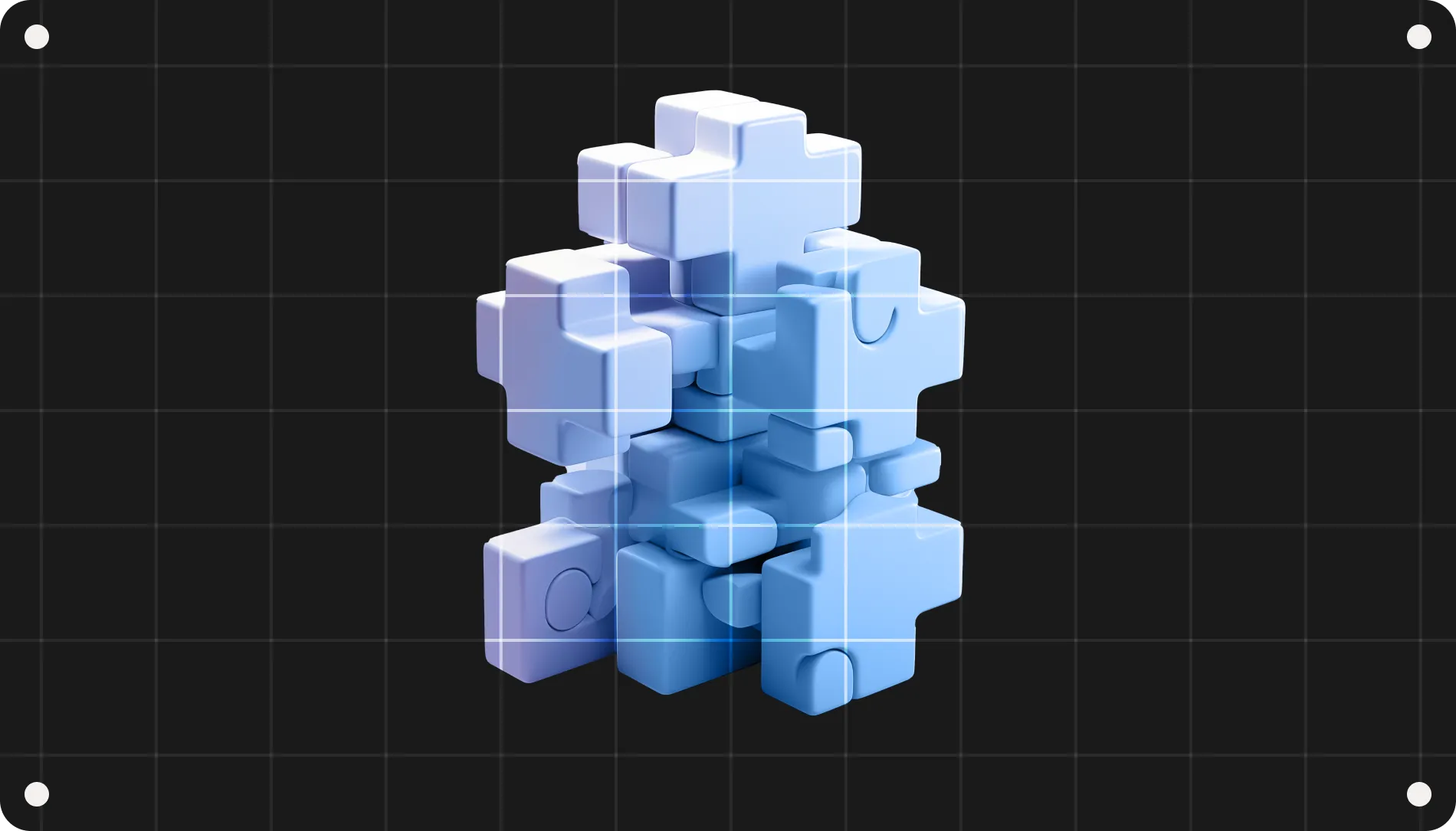If you’re planning on enrolling in a software engineering bootcamp, it makes sense to start thinking about what type of job you'll get once you graduate. What technology roles open to you once you finish a coding program? Short answer: tons.
The U.S. Bureau of Labor Statistics expects the number of software engineering roles to increase by 25% between 2022 and 2032. What that means is that, each year, 153,900 new openings are projected for each year throughout the decade. So it’s easy to see: this is an industry that’s growing very fast.
But what does that mean for you? What specific types of software engineering jobs are out there? And what do different types of developers even do? Let’s dive in. Here’s a comprehensive list of the different types of software engineers.
Just a quick caveat: remember that these titles can be subject to an employer’s internal definition, so reading the job description will make each role's responsibilities clearer. All right — let’s go.
1. Full-Stack Software Engineer

What do they do?
Full-stack software engineers create software for both clients and servers, meaning they focus on two areas of software development. They are both front end and back end developers, so they can create an entire app or website from scratch. If you’d like to learn more about this versatile role, check out our recent articleBecoming a Full-Stack Software Engineer.
How much do they make?
Average salary - $124,039 (Indeed)
What skills/qualifications do you need to become one?
For this role, you’ll need a software engineering qualification. Most likely, you’ll need to prove that you’re capable of both front end and back end development. Full-stack engineers often focus on one coding language such as JavaScript to work on all parts of an app. It really depends on the environment you’ll be working in.
Because full-stack engineers are often responsible for an entire project, they need to be able to use the latest tools in the industry, too. Experience in UI/UX (user interface/user experience) design is essential for the front end element of this role. At the back end, using Git for version control might also be required.
And because these developers often work independently, you’ll need to show your solo capabilities. In terms of types of coders, this is a great role if you like to work on your own, but it also might be a role you progress into after gaining a few years of experience in the industry.
2. Front End Developer

What do they do?
Qualifying as a software engineer means you can become a front end developer whose work focuses on client or consumer-facing web or app software development. Simply put, in this job, you’ll be working on everything the user sees when they enter a webpage.
As a front end developer, you could be designing and developing layouts and interfaces while also creating interactive elements. If you’d like to learn more about this role, this guide to front-end programming languages is for youBecoming an HTML/CSS Developer!
How much do they make?
Average salary - $112,326 (Indeed)
What skills/qualifications do you need to become one?
For these types of software engineering jobs, you’ll likely use languages like HTML, CSS, and JavaScript, so a qualification is highly advisable. In addition, you'll use Figma to transcribe design interfaces into live screens in a browser.
As a front end developer, your job is to make software and apps beautiful, engaging, interactive, and functional. You’ll definitely need an eye for design, which means it’s a good idea to have a handle on UX/UI concepts and trends. You'll be developing how a website or software displays on mobile devices, too, so knowledge of different display paradigms is also advisable.
3. Back End Developer

What do they do?
A back end developer does everything behind the scenes, usually working alongside a front end developer or a bigger team. As a back end developer, you’ll be responsible for the server-side architecture of a web build, and this could involve design and implementation in addition to ongoing maintenance.
Back end developers make sure websites perform correctly. They focus on back end logic and application programming interfaces (APIs), as well as the architecture of a build.
How much do they make?
Average salary - $157,125 (Indeed)
What skills/qualifications do you need to become one?
In this role, computer programmers need to use programming languages and frameworks such as Node.js, Python, Ruby, Java, or PHP. Familiarity with databases such as MySQL, PostgreSQL, or MongoDB is important. It requires strong problem-solving and organizational skills to ensure a build is issue free and to troubleshoot any problems you encounter.
Back end developers also ensure the app or website they're building is safe from cybersecurity threats. In addition, they make sure their build can support the required level of consumer traffic and functionality, so staying up to date on the latest efficiency protocols is vital, too.
4. UI/UX Engineer

What do they do?
UI/UX engineers focus on user interaction (UI) and/or user experience (UX). These types of developers often combine the two, but some may choose to focus on one or the other. Naturally, this also depends on the specifics of the job you’ll get. This career path is entirely focused on the web or app user. It involves planning user pathways, information architecture, visual design and typography, and other aesthetics.
How much do they make?
Estimated salary - $85,623 (Glassdoor)
What skills/qualifications do you need to become one?
A UI/UX engineer requires many of the same coding skills as a software engineer or developer, so knowing the basics of programming is important. As a UI/UX engineer, you’ll use wireframes, prototypes, and design tools to create the user journey and aesthetics of a site or app. A UX engineer codes and uses front end programming languages like HTML, CSS, or Javascript. They may focus more fully on the visual elements and less on coding. So depending on your job, the precise tools you’re asked to know might vary.
This is a role that requires technical skills, client skills, consumer understanding, and a great team mindset. You may find yourself presenting your ideas, guiding and advising your client, or working closely with front end and back end software developers to achieve your ideas. More broadly, the role also requires knowledge of how websites are marketed and a deep understanding of how consumers interact with websites and apps.
5. Game Developer

What do they do?
You could easily take your new software engineering qualification into game development. Game developers create new game ideas and translate them into codeTaming Python: Practicing Code and Writing Your Own Calculator as well as prototype and iterate gameplay. They monitor and improve game stability and review existing code to make improvements.
How much do they make?
Average salary - $84,721 (Indeed)
What skills/qualifications do you need to become one?
Game developers will likely code in C# or C++ and use game platforms like Unity and Unreal Engine. A software engineering qualification is great, but game developers often need skills in animation techniques, game theory, and user interface design. These professionals must make engaging and entertaining experiences for players. A deep understanding of gameplay is also essential to create games that players want to keep returning to. To become a game developer, a software engineer simply needs to refine their coding skills and develop a gaming focus.
6. Software Analyst

What do they do?
A software analyst is often the connection between software developers and software users. They determine the needs of the software or website as well as user requirements and work to meet these needs.
Software analysts focus on software assessment and development. They may assist with coding and driving changes to achieve business goals, test new software releases, and produce user guides.
How much do they make?
Average salary - $76,366 (Indeed)
What skills/qualifications do you need to become one?
This is a role where you need excellent problem-solving and communication skills. It certainly helps to have an aptitude for team or project management in addition to a software engineering qualification.
Software analysts need to be familiar with numerous programming languages in order to work with different software or website builds and to identify the best software to achieve stakeholder goals.
For this role, you also need to be a critical thinker with the ability to confidently deliver a decision or recommendation. Data analysis is a key part of this role, as software analysts often need to study and interpret large data sets to make sure a program works effectively.
7. Cybersecurity Engineer

What do they do?
A cybersecurity engineerThe Beginners’ Guide to a Career in Cybersecurity identifies and resolves security threats. These threats may be aimed at networks, websites, or apps, and they often abuse or attack software. This role is focused on protecting organizations and the data they store as well as consumers and their personal data. Cybersecurity engineers also develop software that defends against cyber attacks. They help keep operating systems safe from bad actors.
How much do they make?
Average salary - $76,789 (Indeed)
What skills/qualifications do you need to become one?
Since cybersecurity engineers focus on software threats and they come from many different IT backgrounds, software engineers can easily progress into this role.
Cybersecurity engineers need to know languages and tools like Java, SQL, and JavaScript. They also need to know cryptography, some data science and analytics, and networks and information systems. These engineers have broad cybersecurity skills in threat identification, analysis, resolution, and protection.
8. Machine Learning Engineer

What do they do?
Machine learning engineers develop and work with the algorithms and software used by AI and machine learning tools. Because of that, these highly-specified types of software engineers are in high demand.
The role combines software engineering with data analytics, so it's a role that software engineers may progress into after gaining some experience. Machine learning engineers create systems and software that use data to learn independently and make decisions.
How much do they make?
Average salary - $161,531 (Indeed)
What skills/qualifications do you need to become one?
As well as a background in software engineering, these types of programmers likely have skills in Python and knowledge of machine learning libraries and frameworks, such as Pandas, KerasA Beginner’s Guide to Deep Learning: Why Data Scientists Use Keras, and scikit-learnLearn to Train AI with Scikit-learn. Machine learning engineers benefit from strong data science experience and possess meticulous problem-solving skills. The applications they work with might utilize natural language processing, speech or image recognition, financial modeling capabilities, or recommendation engines, so a working understanding of these subjects is also useful.
9. Blockchain Programmer

What do they do?
Blockchain programmers develop new decentralized ledgers or database technology systems that cater to the blockchain. They create blockchain architecture and are involved with the cryptography that secures these networks. However, depending on their specific role, they may be more involved in the software and environments of the cryptocurrencies that are being built on these networks.
How much do they make?
Average salary - $147,524 (ZipRecruiter)
What skills/qualifications do you need to become one?
Software engineering is a great base qualification that can set you up to land a job as a blockchain engineer or developer. Many blockchain projects work with familiar languages such as Java. In fact, blockchain applications use many of the same tools and processes as conventional applications.
But in addition to software engineering know-how, these types of software developers also have an understanding of basic database technology. They are familiar with digital assets, cryptography, and distributed computing. Ideally, these programmers have some experience with tools like Solidity and Hyperledger.
10. Product Manager

What do they do?
Software engineers can progress to software product managers once they gain some experience. A software product manager oversees a product's development, purpose, performance, and operation. They lead technical teams to successful releases. It’s up to them to organize manageable sprints and own the product’s backlog while providing clear user stories and requirements.
Very often, organizations hire product managers with software engineering experience because they want someone with an in-depth understanding of how to create different types of software.
How much do they make?
Average salary - $129,932 (Indeed)
What skills/qualifications do you need to become one?
Someone in a role like this needs outstanding software engineering knowledge, familiarity with popular and up-and-coming programming languages, and a knack for management. It helps to have an understanding of both consumer demand and behavior.
Product managers must understand business strategy, marketing, revenue generation, and cost management. They should be able to lead and mentor a team to deliver excellent software and achieve business goals.
11. Quality Assurance (QA) Engineer
%2520Engineer.webp)
What do they do?
A software quality assurance engineer makes sure that software in development works exactly as expected before it's released. QA engineersQA Specialist: Career Opportunities and Salary Potential are software testers who ensure that standards are met, aspirations for functionality are achieved, bugs are eliminated, and software is resilient to cyber threats.
How much do they make?
Average salary - $80,158 (Indeed)
What skills/qualifications do you need to become one?
Software engineers can easily become quality assurance engineers, particularly if they have a knack for problem-solving, excellent communication, research skills, and incredible attention to detail.
In addition to knowing common programming tools such as SQL, Postman, JavaScript, or any other programming language, quality assurance engineers should have a good understanding of QA methodologies and a knowledge of agile practices. They should also have experience with testing and test planning using automated tools and scripts and be able to develop and implement test cases to check code.
QA engineers also document and report any issues they discover. That means they work closely with development teams to prepare fixes and new iterations. So, if you already have experience as a software engineer, switching to quality assurance should be effortless!
Discover a career in software
These are just 11 roles out of many software engineering careers you might find on any job board. And for each of these specializations, positions at all experience levels are available — from entry level to senior leadership positions.
But if you want to hear more about what it’s like to work as a software engineer, check out first-person accounts in our podcast. Our grads will tell you all about their new careers and more. Who knows — you may even follow in their footsteps.



.png)







.webp)




.webp)


.png)







